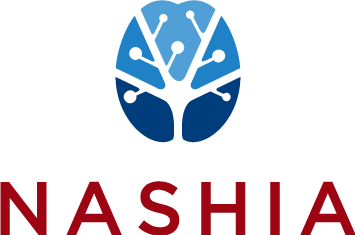Brain Injury Resource Facilitation: A Consensus of Best Practices
In 2023, NASHIA was awarded a grant from the Moody Endowment to develop consensus related to the practice of resource facilitation. Elements for consideration included the name, core components, principles and approaches, evaluation and measurement, and data collection.
There is scientific support for the efficacy of resource facilitation to significantly improve return to work and school after brain injury, as well as to reduce recidivism among justice-involved individuals with TBI returning to the community. Additional findings also include a correlation between resource facilitation and a decrease in level of disability associated with brain injury, as well as reduction in services needed by individuals upon completion of the resource facilitation process.
Brain injury is now recognized by experts in the field as a chronic condition. Resource facilitation is seen as an approach to mitigate, or at least manage, brain injury as a chronic condition. As a result, there is a need to establish a consensus on best practices related to:
a) The components of resource facilitation;
b) The principles and approaches of resource facilitation; and,
c) The outcomes, measurements, and common data elements of resource facilitation.
To accomplish these objectives, NASHIA implemented a Delphi Consensus process with brain injury leaders across the country. The final report and a 2-page infographic are posted below.
